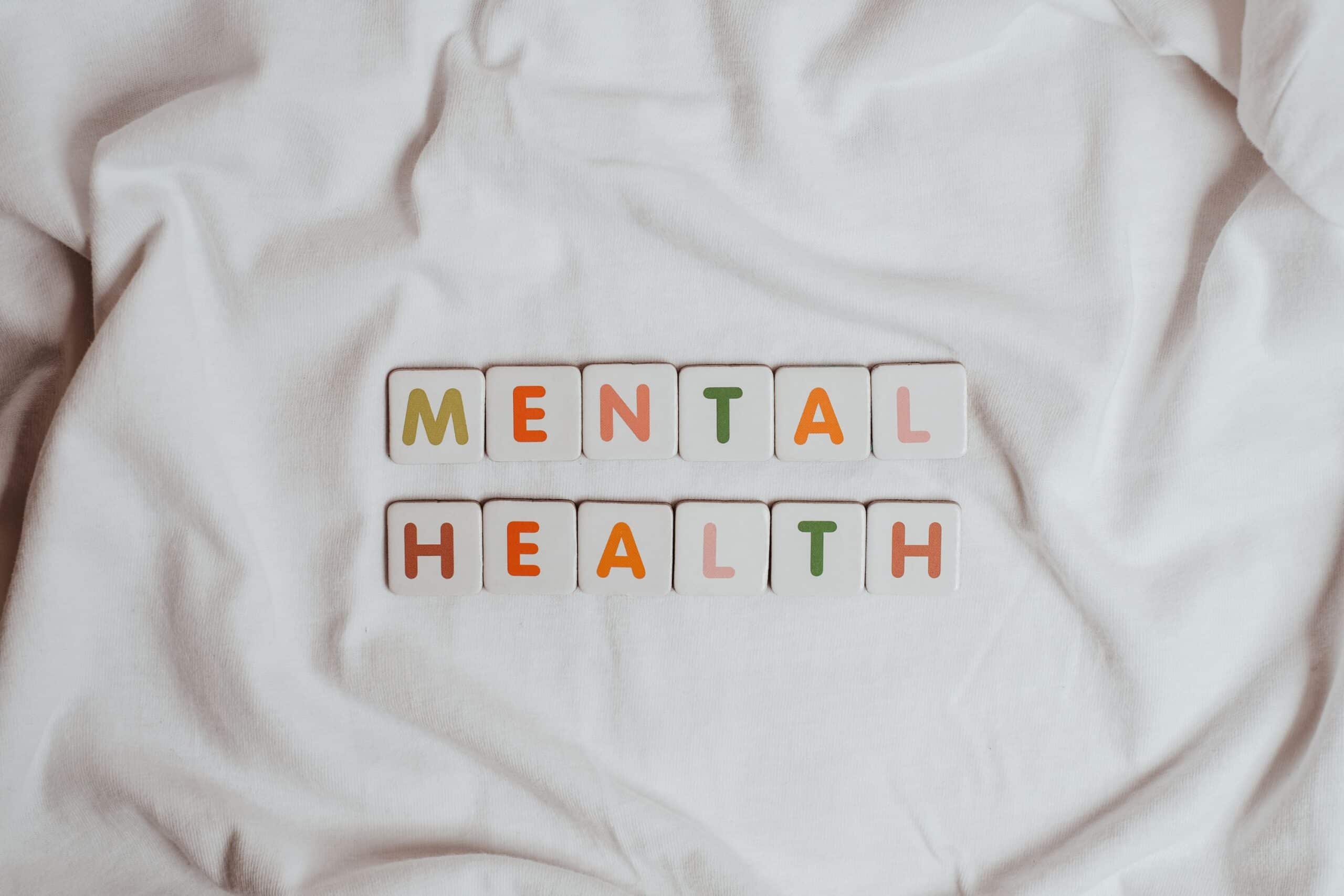Mental health issues affect millions of people worldwide, and in some cases, these conditions can lead to criminal behavior. In Colorado, mental illness can be used as a defense in criminal cases under certain circumstances. This article will discuss when mental health can be used as a defense in Colorado criminal cases and how it can affect the outcome of a trial.
When Can Mental Health be Used as a Defense in Colorado?
Under Colorado law, mental health can be used as a defense in criminal cases if the defendant can prove they were not sane when the crime was committed. This means that the defendant did not have the mental capacity to understand the nature or consequences of their actions. To use mental illness as a defense, the defendant must show that they were suffering from a mental illness or defect at the time of the crime and that this condition prevented them from understanding the wrongfulness of their actions.
The Most Common Mental Health Defenses in Colorado Criminal Cases Include:
- Insanity Defense
The insanity defense is the most well-known mental health defense in criminal cases. Under Colorado law, a defendant can use the insanity defense if they can prove that, at the time of the crime, they had a mental illness or defect that prevented them from knowing right from wrong or understanding the nature of their actions. The defendant must undergo a psychiatric evaluation to determine their mental state during the crime to use this defense.
- Competency Defense
The competency defense is used when the defendant is not able to understand the charges against them or assist in their defense due to a mental illness or defect. If the defendant is found incompetent to stand trial, the court may order them to receive mental health treatment until they are deemed competent.
- Diminished Capacity Defense
The diminished capacity defense is used when the defendant’s mental state affects their ability to form the intent required for the crime they are accused of committing. For example, if the defendant was suffering from a mental illness or defect that prevented them from forming the intent to commit premeditated murder, they may be able to use the diminished capacity defense to have the charge reduced to manslaughter.
How Can Mental Health Affect the Outcome of a Trial?
If a defendant successfully uses mental health as a defense in a criminal case, it can significantly impact the trial outcome. Depending on the circumstances, the defendant may be acquitted of the charges, have the charges reduced, or receive a more lenient sentence.
However, using mental health as a defense can also be risky. If the defense is unsuccessful, the defendant may face more severe consequences than if they had not used the defense at all. In some cases, the prosecution may argue that the defendant is using mental illness as an excuse for their criminal behavior, which can damage the defendant’s case.

It is also important to note that mental health can be a double-edged sword in criminal cases. If the defendant successfully uses mental illness as a defense, they may still face stigma and discrimination due to society’s negative perceptions of mental health.
Mental health can be a powerful defense in Colorado criminal cases. However, it is important to note that not all mental health issues will automatically excuse criminal behavior. It is up to the defendant and their legal team to demonstrate how their mental health condition affected their ability to understand the nature of their actions or to control their behavior. Using mental health as a defense requires careful consideration and the assistance of experienced professionals. If you or a loved one is facing criminal charges and believe that mental health may be a factor, it is important to seek legal counsel from an experienced criminal defense attorney who understands the intricacies of this complex area of law.
About the Author:
Kimberly Diego is a criminal defense attorney in Denver practicing at The Law Office of Kimberly Diego. She obtained her undergraduate degree from Georgetown University and her law degree at the University of Colorado. She was named one of Super Lawyers’ “Rising Stars of 2012 & 2019-2022” and a “Top 100 Trial Lawyers in Colorado” for 2012-2022 by The National Trial Lawyers. Both honors are limited to a small percentage of practicing attorneys in each state. Additionally, Expertise names her to its lists of the 25 Best Denver DUI Lawyers and 21 Best Denver Criminal Defense Lawyers, both in 2020-2022. Ms. Diego has also been recognized for her work in domestic violence cases.





